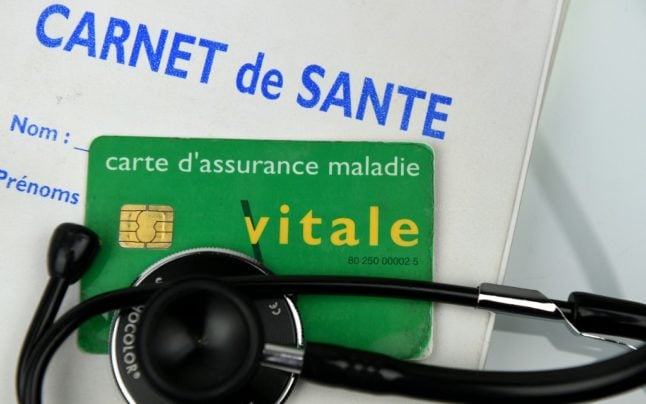France’s Ministry of Health announced in April that rates for some medical consultations will increase in the final months of 2023.
It will take approximately six months for the new rules to be applied, with the earliest possible date of application being around the end of October, according to AFP.
There are basically two areas to charging in French healthcare – appointments with medical professionals and then the cost of any treatment (medication, tests, scans or surgery) that they prescribe. The changes in rates will impact consultations – appointments with professionals.
The government sets the standard rates for consultations, and the price of each consultation will rise by €1.50.
Prices
Here is how the rate will change for ‘category 1’ doctors – that is, doctors who charge the government-agreed amount (which is most of them).
For a general practitioner this means that appointments will go up from €25 to €26.50.
For a specialist, rates will increase from €30 to €31.50.
For ‘complex’ consultations with a specialist, the rate will rise from €46 to €47.50 – you can find examples of which consultations count as ‘complex’ here.
What does this mean for reimbursement rates?
Unlike the UK, where healthcare on the NHS is free at the point of delivery, the French system operates on a reimbursement model.
READ MORE: Assurance maladie: 5 things to know about France’s public healthcare system
That means that you pay the doctor/pharmacist/other health professional upfront during your visit.
If you’re registered in the French system, the medic then swipes your health card and the French government reimburses the cost of your appointment, treatment or prescription directly into your bank account (usually within a few days).
According to health authorities, reimbursement percentage rates will not change.
READ MORE: Carte vitale: What your French health insurance card entitles you to
If you have an appointment with a sector one doctor (sector two doctors are entitled to charge more), which represents most GPs, the rate of reimbursement is 70 percent, minus €1 of ‘fixed participation’. Thus, for appointments costing €25, this meant that €16.50 would be reimbursed by the French government.
For many people employed in France, the remaining amount (€7.50) is covered by complementary health insurance (mutuelle).
The change to the cost of appointments will lead to an increase in the leftover 30 percent to be covered by the patient or the complementary health plan too.
For a standard GP appointment, the €7.50 left for complementary health insurance or individuals to cover will be increased to €7.95.
For specialist appointments, this amount will rise from €9 to €9.45.
You can see a graphic below showing the breakdown of the costs for future doctor visits after the new rates go into effect.
Les futurs tarifs chez les médecins généralistes et spécialistes (en secteur 1), résumés en une infographie 👇
Tous les détails sur ce qui va changer pour vous (abordant aussi le secteur 2) dans cet article @le_Parisien 👉 https://t.co/AZi5bHbyd1 pic.twitter.com/7NCTYjBPeK
— Nicolas Berrod (@nicolasberrod) April 29, 2023
Why the change in rates?
The increase comes after unions representing general practitioners called for rate increases, in an attempt to make the field more attractive for incoming doctors and to adjust for inflation.
Unions had pushed for general practitioner rates to be €30 – an increase in €5, instead of the €1.50 rise announced by French health authorities.
In response, unions, such as the Confederation of French Medical Unions, have called the rate increase ‘humiliating’, according to Le Parisien.
Primary care physicians had also hoped to increase funding for hiring medical assistants, who would help in reducing the administrative burden. In response, French president Emmanuel Macron has set a target of hiring at least 10,000 medical assistants by the end of 2024.



 Please whitelist us to continue reading.
Please whitelist us to continue reading.
Member comments